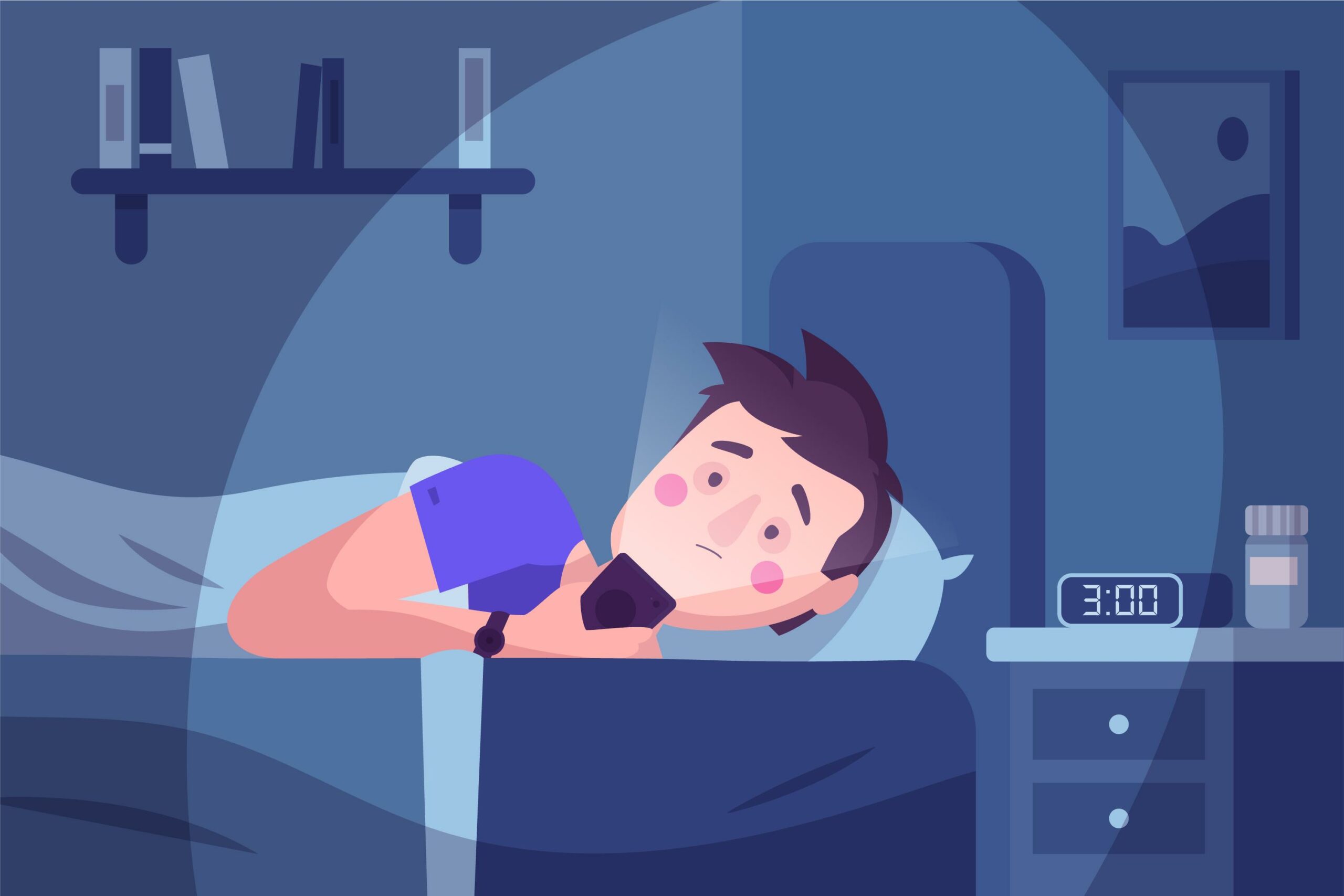Both insomnia and digestive problems are extremely common these days. Insomnia is a common sleep disorder that makes it difficult to fall asleep or stay asleep or causing one to wake up too early and be unable to sleep again. When they wake up they might still feel dizzy. Several researchers have noticed a link between the two, even though they’re not convinced what the mechanism is.
Insomnia can certainly be caused by abdominal pain. In addition, sleep dysfunction can lead to stomach problems. Furthermore, both sets of issues can share a similar underlying cause, such as anxiety, depression, or other mental issues. And the problem of not being able to sleep seems to be in every house these days. Not getting enough sleep creates a lot of problems.
The mind can’t focus on work, oscitation interrupts all the day, the mood becomes irritable, headaches. And, for those who have high blood pressure, the problem may get even worse.
Does sleep deprivation mean insomnia?
Let’s clarify one thing first. Sleep deprivation does not mean insomnia. There may be many reasons behind sleep deprivation. Maybe there is latent depression that is keeping you awake. Or it can be stress, causing the sleeplessness. So before jumping into any conclusion, it will be better to other symptoms of depression.
Increased sleep irregularities will significantly alter your daily diet routine. As a result, various gastric problems becomes more frequent. Symptoms like loss of appetite, bloating, nausea, abdominal pain, vomiting tendency, throat inflammation start surfacing. Many people take regular medication for these problems although long-term consumption of omeprazole-type drugs is unsafe. This alters the stomach’s pH level, raises the risk of cancer, and anemia.
As an aftermath of the fatigue of a sleepless night and subsequent lethargy and inadequate nutrition, our immune system gets weakened. As a result, our body becomes susceptible to any harmful substance, be it bacteria-virus or protozoa-fungus or anything else. The main solders, white blood cells or T cells, become feeble in the event of prolonged stress and sleep deprivation and thus, failing to inhibit the spread of infection.
Another soldier of immunity system is connected with sleeping whose name is protein Cytokine. It works to send the danger signal to cells so that they can be ready. Production of cytokine can be significantly hampered if all those stages do not come back at least five times after 7-8 hours of impeccable sleep. The result can be quite detrimental.
What to do?
There is simply no alternative to controlling stress and tension. While people may resort to sleeping pills, such medication should not be taken without the advice of a trained medical professional. Working out, walking, doing housework, exercising reduces stress and helps to sleep better in a tired body.
Sound sleep requires preparation. If you need to declutter your room, do it. If you need to set the right temperate, do so. Should you need a comfortable bed, manage one.
Mobile phone or TV shouldn’t be watched while lying down to get some sleep. The blue light, emitting from mobile or TV screens, reduces the production of the sleep hormone, melatonin. Try to stay away from mobile and TV at least two hours before going to bed. Alternatively, you may try reading books, listening to music, walking, chatting etc. to keep yourself busy.
It is advised not to drink tea-coffee-cola-chocolate at least 7-8 hours before going to bed. We know how caffeine works, and it will keep you awake.
You should maintain a routine for sleeping and waking up. This will help streamline the body’s own sleep clock, and the rhythm of sleep (AKA circadian rhythm).
Hopefully these will help you get better sleep and avoid digestive problems.










